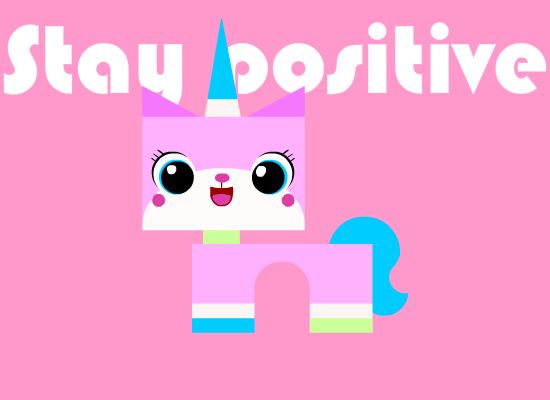Good Episode. I listened to it while doing dishes...yes I let that many dishes pile up.
There is a book that I read, well actually I listened to the audiobook, so I had it read to me, like a baby...
The Devil's Knot (Audible Link)
It, like most good books about misunderstood modern historical events, is written by an investigative journalist. It also goes a bit too deep into the theory that Mark Byers kill the kids, but does a bit better of a job as presenting it in a way that says "this guy might not have done it, but certainly he should makes a better subject than the boys, and if the cops were doing their job..."
As for America having confusing city naming conventions, I agree and it needs to stop. I'm looking at you Kansas City Missouri and you Kentucky Bend.
A movie based on that book came out fairly recently, although I heard it wasn't very good.













